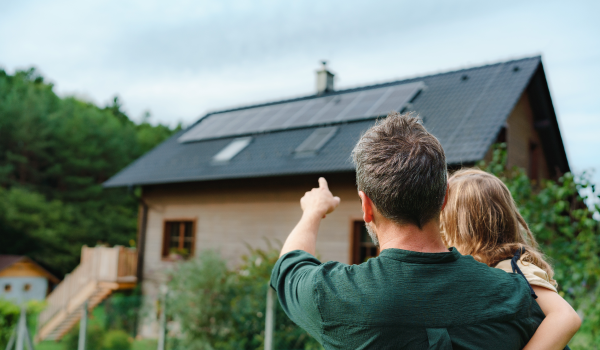Like many other industries, the roofing industry is undergoing an unprecedented transformation, driven by advancements in technology, growing concerns about sustainability, and the evolving expectations of homeowners. Roofs that were once primarily a functional component of a building are now evolving into a sophisticated, technologically advanced system that plays a critical role in energy efficiency, sustainability, and property value. Driven by materials science, robotics, and artificial intelligence advancements, the roofing industry is witnessing a transformative shift.
Also, the growing awareness of climate change has inspired a demand for more sustainable and resilient building solutions. As extreme weather events become more frequent and intense, the pressure on roofs to resist these challenges has never been more significant. This combination of technological innovation and environmental necessity is reshaping the roofing landscape.
From residential homeowners seeking to reduce energy consumption to contractors and commercial property owners prioritizing green initiatives, the expectations for roofing have never been higher. This article digs into the latest trends, technologies, and challenges facing the roofing industry, exploring how it adapts to meet the changing world's demands. We will uncover the forces driving the roofing revolution by examining the integration of smart technology, the exploration of innovative materials, and the critical role of roofing contractors.
In summary, the roofing industry must embrace innovation, prioritize sustainability, and cultivate a deep understanding of regional climate conditions. By staying ahead of these changes, the roofing sector can deliver superior, long-lasting solutions that protect homes and businesses while minimizing environmental impact.
OneClick Code helps you create estimates quickly with real-time accurate building code data so you get paid faster.



